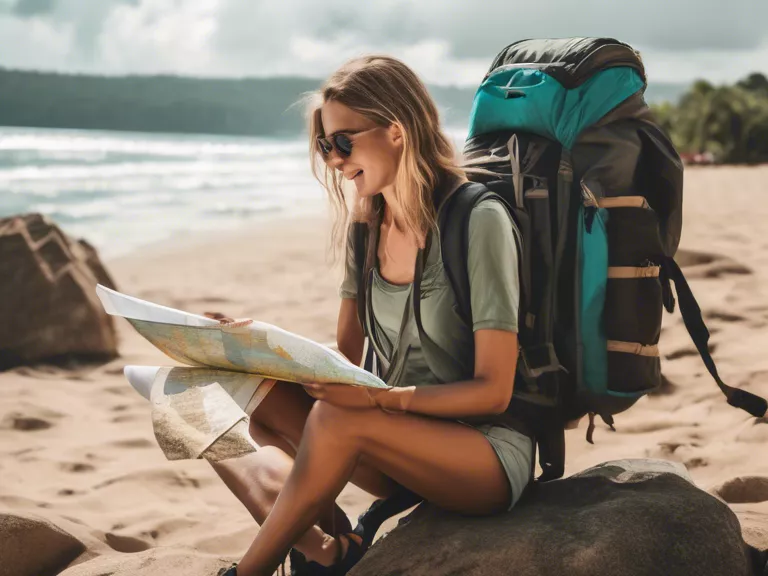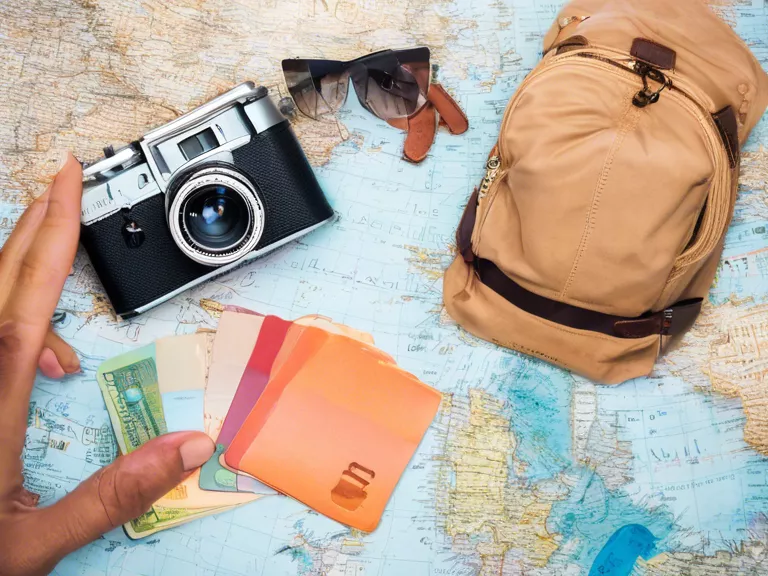
How to Plan a Sustainable Travel Adventure with Minimal Impact
In recent years, there has been a growing awareness of the impact of travel on the environment and local communities. More and more travelers are looking for ways to minimize their ecological footprint and support sustainable tourism. Planning a sustainable travel adventure with minimal impact is not only good for the planet but also for the people you meet along the way. Here are some tips to help you plan your next trip in a way that is environmentally and socially responsible.
1. Choose Sustainable Accommodation
Look for eco-friendly accommodations that are committed to reducing their impact on the environment. Consider staying in eco-lodges, sustainable hotels, or guesthouses that have implemented green practices such as water conservation, energy efficiency, and waste reduction.
2. Support Local Businesses
Instead of eating at global fast-food chains or shopping at big-box stores, support local businesses and artisans. Eat at local restaurants that serve traditional cuisine, buy souvenirs from local markets, and participate in activities that are run by local operators.
3. Travel Responsibly
Choose a responsible tour operator that values sustainability and is committed to supporting local communities. Opt for tours that focus on authentic cultural experiences, wildlife conservation, and environmental protection. Be respectful of the local customs, traditions, and wildlife.
4. Reduce Your Carbon Footprint
Consider using public transportation, cycling, or walking instead of renting a car or taking a taxi. If flying is necessary, try to offset your carbon emissions by purchasing carbon credits or supporting reforestation projects.
5. Minimize Waste
Bring a reusable water bottle, shopping bag, and utensils to reduce the amount of single-use plastic waste generated during your trip. Dispose of your trash responsibly and recycle whenever possible.
By following these simple tips, you can plan a sustainable travel adventure with minimal impact and contribute to a more responsible and ethical tourism industry.



